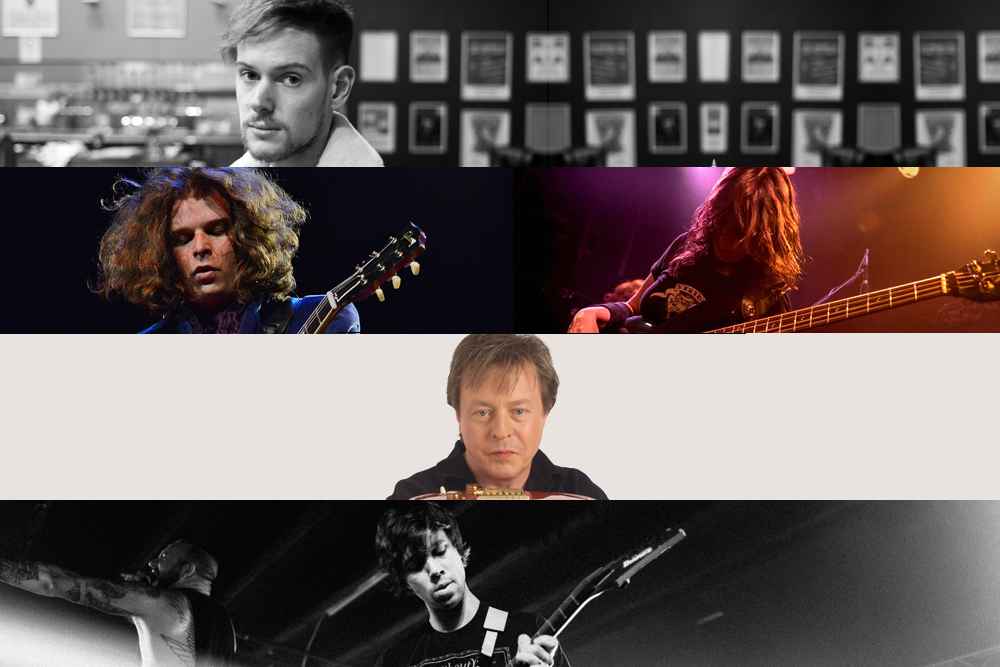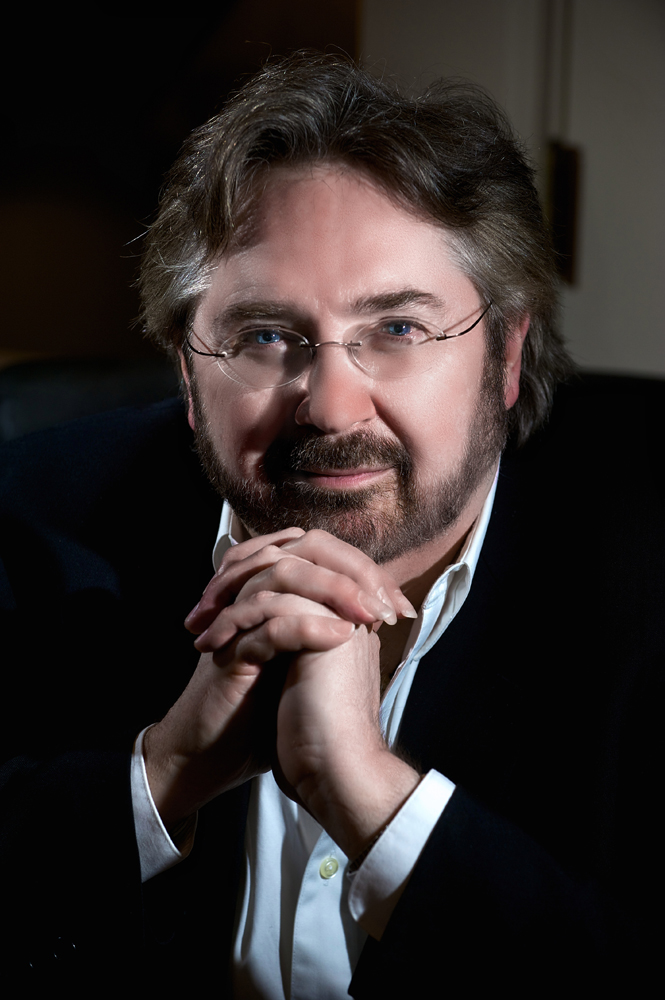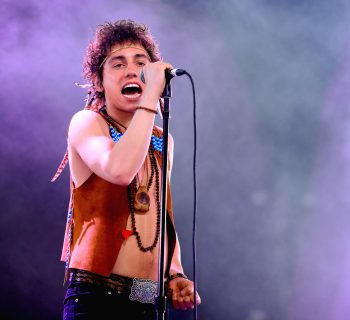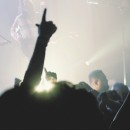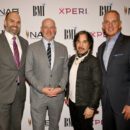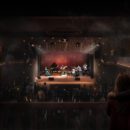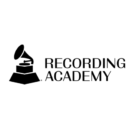No discussion about the greatest guitar players in rock —or popular music, for that matter—history ever takes place without Jimmy Page’s name at or near the top of the list. If the British native had just been the founder and guiding force behind Led Zeppelin, his Rock and Roll Hall of Fame credentials would have been stamped in indelible ink; but, as we all know, there’s so much more than that.
The onetime choir boy (really) from Surrey played his first professional gig with a skiffle band on a BBC stage show at the age of 13 and made his name as a session prodigy, primarily for producer Shel Talmy, playing sessions for The Who, The Kinks, Marianne Faithful, The Rolling Stones, Them and many others before joining The Yardbirds (on bass) in 1966, later switching to guitar after Jeff Beck left the band. Post-Zeppelin Page scored films, formed The Firm with Paul Rodgers and another band with David Coverdale and returned to sessions for The Stones, Graham Nash, Stephen Stills, ex-Zep mate Robert Plant and others.
The past couple of years have seen him immersed in reviewing his life, both through the large-format “photographic memoir” JIMMY PAGE and via a deluxe Led Zeppelin reissue campaign that outfitted each of the band’s albums with a wealth of unreleased bonus tracks. On the other side of all this, however, is the future; Page has plans to record and tour, keeping details somewhat close to the vest but assuring us that at the age of 72 he still has plenty of power, mystery and hammer of the gods to offer.
Music Connection: Your book opens with a photo of you as a choir boy—a surprising image for those who know you from the mayhem of Zep and other rock adventures. What’s up with that?
Jimmy Page: I know in America there’s people who say that music started in the church. I guess, on a group level, even if it was only singing in choir, that was true for me, but I was playing guitar at the time. I thought it was amusing to put that [photo] in. It’s my start in music, you know? It’s like the earliest image and I thought, “Yeah, that’s got to go in....”
MC: So with the Zeppelin reissues and the book, has it felt like having your life flash before your eyes during the past couple of years?
Page: Well, it’s sort of multi-tasking, isn’t it? (laughs) In a way it is, isn’t it? Certainly with the book, it starts off there when I was about 12 or 13, but it goes through to, like 70, so you definitely see your life sort of flashing by and you see the decades flashing by. But it’s alright. You see yourself growing up, really.
MC: So what was in that young Jimmy Page’s mind back then, when you were just starting out?
Page: Y’know, I see these early photographs of The Beatles and George Harrison has got his first guitar, which was my first electric guitar. He’s up north and I’m down in the south, so there must’ve been a few of them around, but not too many. And there I am probably doing what they were doing up there, which is try to emulate the music I heard coming from America in some shape or form and thinking I was Cliff Gallup or some of the early ones in rock & roll, or rockabilly if you like, in the modes of what (Elvis) Presley was doing and inspiring so many people. Buddy Holly, Gene Vincent, all of them. And then accessing the blues and wanting just as much to be B.B. King as much as James Burton. It was the growth of this voracious appetite I had for all things six strings, really. I can see how it manifests across the board.
MC: That’s an experience you almost can’t have anymore, with so much information saturation and not quite as much musical invention.
Page: What’s interesting about my musical history is I was there in the early days when rock & roll hit England and people were seduced by it and intoxicated by it, and then they took that music off the airwaves. But it was too late; everyone was captivated by it. I saw that changing style and what was going on in London, outside of London in the south, what was going on before The Beatles explosion and all that. I mean, I was THERE, you know? I know exactly how things came to be, about how the blues injection came on board with us, with that blues movement from Chicago, all of it. I call that really fascinating—and we haven’t even started. We’re just talking about something that’s pre-Beatles, do you know what I mean?
MC: What was the process of exploring all of those styles to coming up with your own?
Page: Because I had such eclectic tastes as a teenager, I was listening to classical music, I was listening to Indian music and African music as much as country blues. And I played a bit of (harmonica) as well; who didn’t want to sound like Little Walter, eh? All of these styles I was taking on board, so when I became a studio musician and started doing studio dates, I had quite extensive roots. My playing wasn’t just in one area; it was across the board. So it put me in good stead for being accepted into what was a very closed shop. I was seven years younger than anybody else who was playing there at the time, and I was accepted in—welcomed in, really. So that was really cool.
MC: What was the impact of those hired-gun days?
Page: All of my roots, if you like, that didn’t change, but the days of being a studio musician were like an apprenticeship. I went in there not reading music; I could read chord charts. I came out of there reading music fluently, and I came out of there knowing things about recording techniques, which I thought I didn’t know beforehand but I wanted to know about it. That’s how it was; it was sort of like a growing picture, really.

